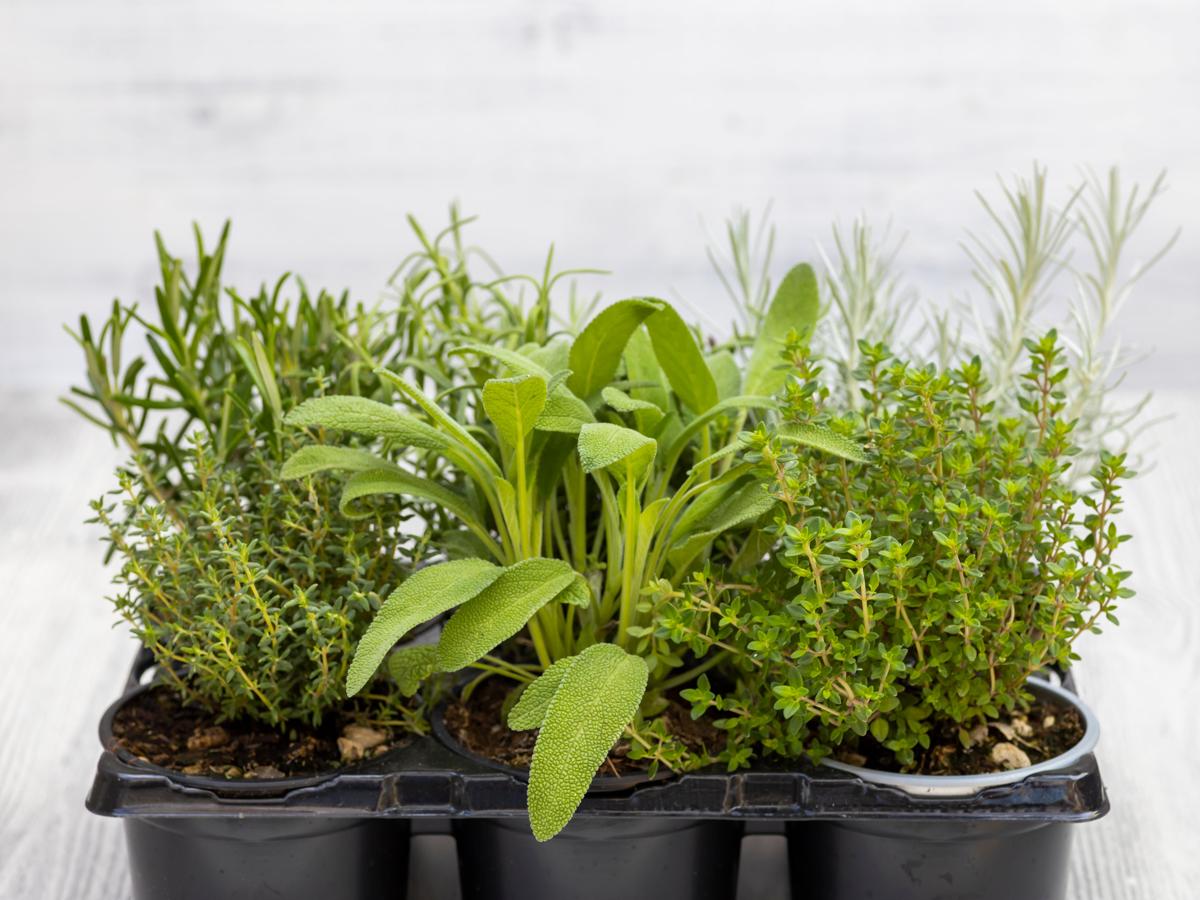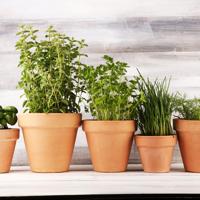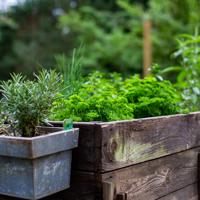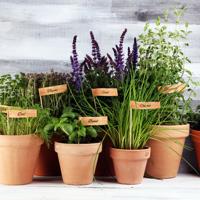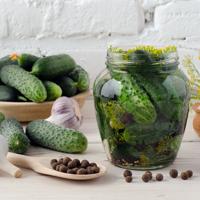Welcome to the cozy corner of our sustainable gardening journey where we explore the delightful world of herbal vinegars. These infused elixirs are a gentle way to bring the essence of fresh herbs from the garden into your cooking.
Understanding Herbal Vinegars
Herbal vinegars are subtly flavored concoctions made by steeping fresh or dried herbs in vinegar. They not only add a pleasing tang to various dishes but also provide a sensory snapshot of your garden’s bounty. By making herbal vinegars, you’re preserving the aromas and flavors of herbs that might otherwise fade too quickly.
Selecting Your Ingredients
Choosing the Right Vinegar
The base of any herbal vinegar is, quite simply, vinegar. The choice of vinegar sets the tone for your infusion.
- White Wine Vinegar: Offers a clean and bright taste, well-suited for delicate herbs.
- Apple Cider Vinegar: Slightly fruity and robust, perfect for heartier herbs.
- Rice Vinegar: Mellow and slightly sweet, it complements a gentle herbal profile.
Picking Herbs
Your herb selection is where personal preference and garden yields shine. Here are a few suggestions:
- Basil: Adds a sweet and peppery touch, great for Italian dishes.
- Rosemary: Earthy and pine-like, perfect for marinades and meats.
- Thyme: Releases a warm and peppery flavor, ideal for vinaigrettes.
- Tarragon: Offers a subtle anise seed note, enhancing dressings and sauces.
Crafting Your Infusion
Creating your herbal vinegar is a simple yet rewarding process.
-
Gather Your Materials: Collect a clean glass jar with a lid, your choice of vinegar, and fresh or dried herbs.
-
Prepare the Herbs: Rinse fresh herbs gently and pat them dry to remove excess moisture. If using dry herbs, ensure they are free from insects and debris.
-
Combine and Steep: Place the herbs in the jar, covering them completely with vinegar. Seal the jar and place it in a cool, dark place.
-
Wait Patiently: Let the mixture steep for 2-4 weeks, providing time for the flavors to meld. Shake the jar gently every few days.
-
Strain and Store: After steeping, strain the vinegar through a fine mesh sieve or cheesecloth, discarding the herbs. Transfer the infused vinegar into a clean bottle. Stored tightly sealed in a cool, dark place, the vinegar should last several months.
Simple Recipes and Uses
Basil-Infused Vinegar
Ingredients:
- 1 cup loosely packed fresh basil leaves
- 2 cups white wine vinegar
Add basil leaves to a jar and cover with vinegar. Follow the infusion process above. Use in salad dressings or drizzle over caprese salads.
Rosemary-Thyme Vinegar
Ingredients:
- 1/2 cup fresh rosemary sprigs
- 1/2 cup fresh thyme sprigs
- 2 cups apple cider vinegar
Infuse as instructed. This earthy infusion works well in marinades for lamb or chicken.
Tips and Considerations
- Use sterilized jars to prevent unwanted bacteria growth.
- Taste your vinegar periodically. If the flavor is too mild, allow it to steep longer.
- Don’t overcrowd your jar with herbs; allow space for vinegar to circulate.
Sustainability in Your Kitchen
Crafting herbal vinegars is a small yet impactful way to embrace a garden-to-table lifestyle that values resourcefulness. It reduces waste, encourages creativity, and connects us to the rhythms of the earth.
For those of us who cherish a sustainable lifestyle, these humble infusions remind us of the abundant gifts a garden offers.
As we let nature inspire our cooking, we hope you find joy in this simple, fulfilling practice. Reap the rewards of a thriving garden, one bottle of herbal vinegar at a time.
